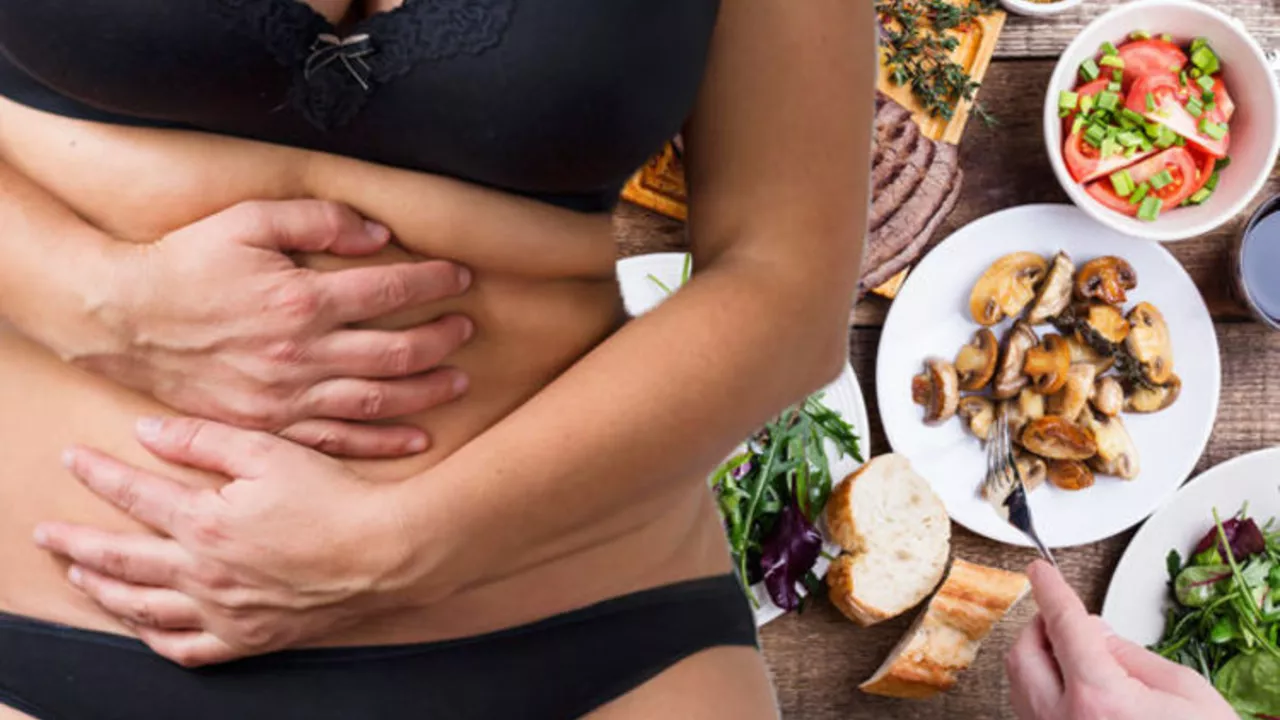Prevent Bloating: Practical Tips That Actually Work
Bloating is frustrating and often avoidable. If your belly feels tight after meals, small changes can make a big difference. Read these straight-to-the-point tips you can try today to cut gas, reduce belly swelling, and feel lighter.
Start by watching what you eat. Foods high in FODMAPs — like onions, garlic, apples, pears, cauliflower, and certain beans — often cause gas. Try removing one suspect food for a few days and watch for improvement. If beans are the problem, rinse canned beans well, cook dried beans with extra water, or use canned lentils which tend to cause less gas.
Quick diet fixes
Drink plain water between meals instead of with big meals; too much liquid while eating can dilute stomach acid and slow digestion. Cut down on carbonated drinks and beers that add gas. Swap sugar alcohols (sorbitol, xylitol) commonly found in gum and diet products for regular sugar or chew sugar-free gum without these ingredients. If dairy bothers you, try lactose-free milk or a lactase pill.
Eat smaller portions and slow down. Chew each bite fully and put your fork down between bites. Eating fast traps air and overloads your digestive system. Use smaller plates to naturally limit portions and avoid second helpings when you feel halfway full.
Fiber helps, but adding it too fast can cause bloating. Aim for steady increases and choose soluble fiber like oats, peeled fruit, and chia seeds. Insoluble fiber from bran and raw cruciferous veg can spike gas; steam vegetables to reduce that effect.
Habits, remedies, and when to seek help
Move after meals. A 10 to 20 minute walk stimulates digestion and reduces trapped gas. Try peppermint or ginger tea after eating — peppermint relaxes gut muscles and ginger speeds gastric emptying. Over-the-counter simethicone can help with burping and gas relief for some people.
Probiotics can help balance gut bacteria; look for products with Lactobacillus or Bifidobacterium strains. Start with a low dose and give it a few weeks. If constipation causes bloating, focus on fluids, regular fiber, and gentle exercise; laxatives can be useful short-term but talk to your doctor before long-term use.
Sometimes bloating signals a health issue: persistent problems, weight loss, fever, blood in stool, or severe pain need medical attention. Conditions like IBS, SIBO, celiac disease, and food intolerances can cause ongoing bloating. A clinician may recommend tests such as breath testing for SIBO, blood tests for celiac disease, or imaging when necessary.
Small changes add up. Try one or two suggestions for a week and note what helps. If you still feel bloated, keep a simple food and symptom diary and bring it to your doctor. With a few adjustments and the right guidance, you can spend less time uncomfortable and more time enjoying your meals.
Quick checklist: try a two-week low-FODMAP trial, keep a food-and-symptom log, walk after meals, swap fizzy drinks for water, try peppermint tea, check if any prescription meds list bloating as a side effect, and wear loose clothes.
How to prevent bloating after eating: simple tips and tricks
Bloating after eating can be really uncomfortable and frustrating. But fear not, I've discovered some simple tips and tricks to prevent it! First, try eating smaller meals and chewing your food slowly. Also, avoid carbonated drinks and foods that cause gas like beans and cabbage. Lastly, incorporate some daily exercise to help improve digestion. Give these a try and say goodbye to post-meal bloating!

